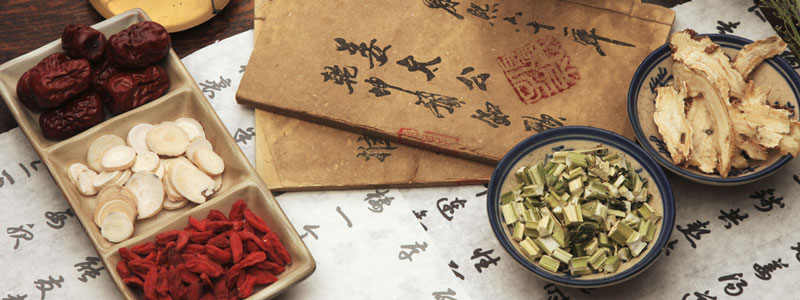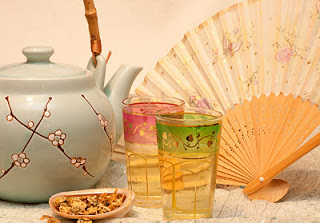
“A weed is a plant whose virtue is not yet known” – Ralph Waldo Emerson
To cure disease after it has appeared is like digging a well when one feels thirsty – Nei Jing (The Yellow Emperor’s Classics of Internal Medicine 2nd Century B.C.)
TCM (Traditional Chinese medicine) has been practiced for thousands of years and comprises several different components such as acupuncture and specific kinds of massage, like Tui Na. Herbal medicine is the main component of TCM and a reliable, safe and effective alternative or complement to mainstream Western medicine. Chinese state hospitals continue to provide herbal medicine today. Well4ever is proud to offer Chinese herbal medicine in South West London and to have its own in-house pharmacy.
Chinese herbal medicine takes an integrative approach, using diagnosis and patterns of symptoms to determine underlying imbalances in the body. It is concerned with targeting the root cause of an ailment, rather than attempting to control symptoms and thereby seeks to eliminate any disturbances or obstructions to free flowing qi and deficiencies in yin or yang. Herbs are administered as a formula of several different herbs which enhance each others individual actions to most effectively address the underlying cause of illness. Each formula is tailored to suit the patient’s unique constitution and health problem.
Chinese herbs rarely cause unwanted side effects and are easy to take and safe for all ages. They can function alone or as a supplement to our diet to strengthen and balance the body, remedy or prevent a number of health complaints.
For more information on the healing property of individual herbs, see our herbal directory for a comprehensive list of herbs and their healing properties as well as how to use them! Our resources page contains comprehensive information on the use of herbs in TCM and contemporary research.
Keep reading to find out more about Well4ever’s featured winter flower!
Featured Plant

Our featured plant is chrysanthemum, in particular the flower ((flos chrysanthemi), or Ju Hua as it is known in China. In TCM this herb’s properties are bitter, sweet and slightly cold, and it goes to the Liver and Lung channels.
Yellow Chrysanthemum has a beneficial action on headache and eye complaints. It has long been used as an eye tonic and can help relieve red, painful, dryness or excessive watering of the eyes. It is also used for blurry vision, dizziness and spots / floaters in front of the eyes. Combined with Goji berry (Gou Qi Zi) and Rehmania Six to make a great formula called Qi Ju Di Huang Wan.
Chrysanthemum is also used to clear headaches and fever associated with colds and flu. It is known to aid in releasing toxins from the body. Great together with Mulberry leaf (Sang Ye) in a great common cold / cough formula called Sang Ju Yin.
Its actions are antibacterial, antifungal, antiviral and anti-inflammatory. It also may help lower blood pressure and relaxes blood vessels.
Some practitioners say, yellow chrysanthemums, the Golden Flower, are symbols of long life and will bring you good luck. Ju hua cha – chrysanthemum flower tea is commonly consumed in China almost as much as green tea, due both to its medicinal effects and its excellent taste!
When you pop in to Well4ever you can have a cup of chrysanthemum tea with us, and if you want to make some at home we have ready made bags of chrysanthemum flowers!